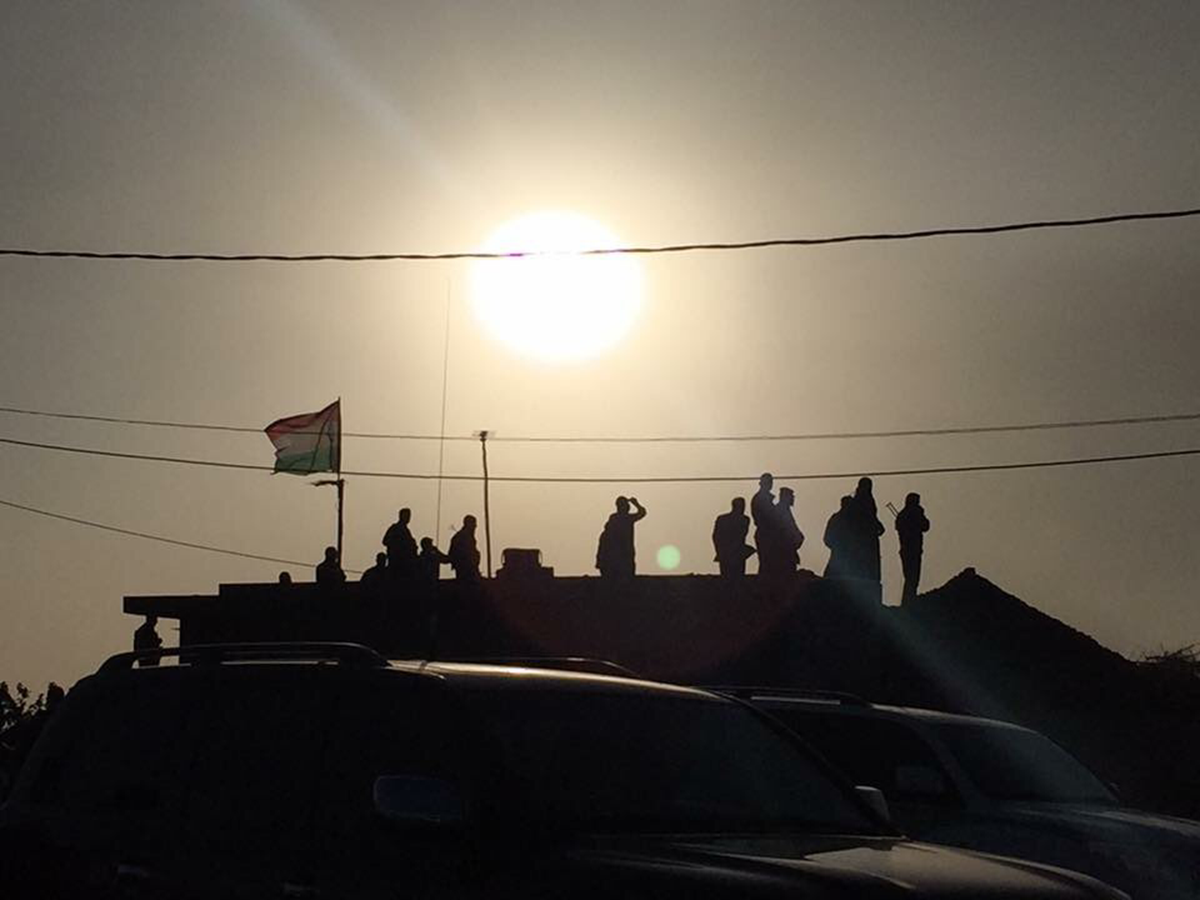The people who have fought hardest against Isis deserve America’s support.
Great powers are rightly judged by how they treat their allies and friends. One of the most serious foreign policy failures of the past 30 years was the desertion of Kurdish and Shia Iraqis by western governments in the wake of the first Gulf War. A defeated Saddam Hussein unleashed terror on those who had been unwise enough to heed the call from the first President Bush to rise up against the dictatorship. No one came to their aid, and the lesson seemed clear, the rhetoric in Washington about liberation and democracy was self-serving.
Is this mistake being repeated in Syria today? President Trump has been saying for some weeks now that with Isis defeated, he wants US special forces and their equipment out of Syria as soon as possible. The president seems to think that, in that notorious phrase, it is “mission accomplished” over Isis. But is it?
When the West finally decided in late 2014 that it needed to intervene directly to help get rid of the caliphate declared by Isis, it encountered one obvious problem. It could use its air power against Isis targets, but since it was unwilling to risk any of its own ground troops, it would need to rely on others to actually push the terrorists out of their strongholds and destroy them. In Iraq the government itself was a significant actor in this war. But even in Iraq, and especially in Syria, other allies were needed.
In this war of many armies, one group of people has stood out for its reliable fighters in the battle against Isis: the Kurds. Kurds were part of the coalition that retook Mosul and they were a leading force in the alliance that destroyed Isis in Raqqa. It was Kurdish forces who gave succour in the first instance to those Yazidis escaping the genocide enacted against them by Isis. More secular, more democratic in inclination than many others in the region, and with an understandable claim for nationhood, the Kurds have attracted a degree of sympathy from people in the West.
The Kurds are also problematic. They are themselves divided to an extent geographically and politically. Following an independence plebiscite in Iraqi Kurdistan last year, Iraqi forces pushed the Kurds out of the disputed city of Kirkuk. The main Syrian Kurdish arm, which operates the region called Rojava, is linked with the PKK, an organisation declared to be a terrorist outfit in the past by Washington. Turkey, home to up to 15 million Kurds, has declared the idea of any kind of Kurdish state on its southern border as being anathema. In January, Turkish forces moved to liquidate Kurdish control of the border city of Afrin.
The Kurds did not fight against Isis because they wanted to be helpful to the West. They did it because Isis was a threat to their own existence and their ambitions for a democratic state. In that fight they have done the sacrificing, but they have been aided by American equipment and by American special forces. Now they are faced with an American withdrawal that — as Anthony Loyd’s report makes clear today — takes no account of their needs and of their sacrifices, and comes at a time when they believe that Isis is regrouping.
There are no easy solutions in the fragmented, sometimes chaotic and all too often horribly violent geopolitics of the region. But insofar as a good policy can be discerned, it is for the world’s greatest democratic and military power not to abandon its friends and allies. This is a principle that holds true, whatever expediency suggests.

